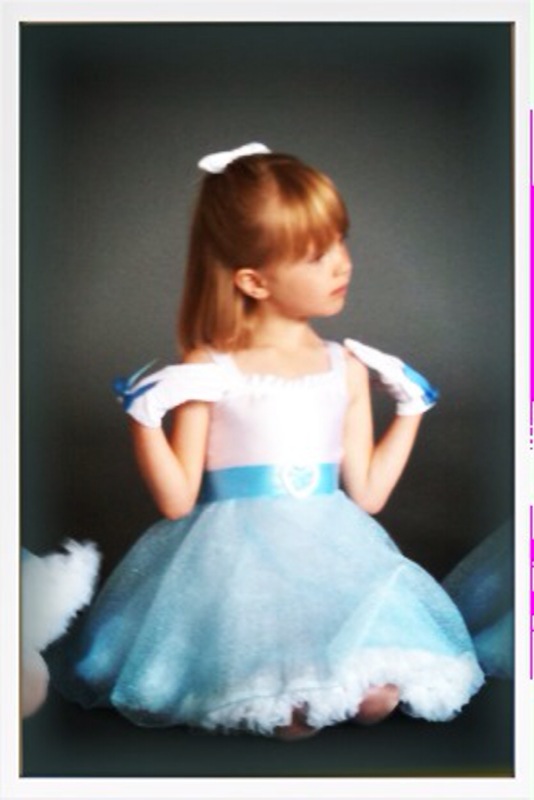Dear Emilia,
Today, you are five.
This is both totally extraordinary, and utterly ordinary. Which of these it is varies from minute to minute: in one moment, I look at you and think, when did you become such a big girl? Where did that little baby go? Where has the time gone? HOW IS IT POSSIBLE THAT YOU ARE FIVE? In another, I look at you and I think, wasn’t it ever thus? Have you not always been this little girl, this little big girl, this here-and-now person who is so completely and utterly you that any other yous, all the previous yous, are almost unimaginable?
 That you are five and that you are you and that you become ever more you – ever more consistently you and ever more differently you – with every passing day is, for me, a joy for which I have no words. But it is also a sadness, an ongoing grief – a quiet grief, the kind that just hums, quietly, in the darker corners of my soul – and for it, too, I have no words. How do I describe the feeling of celebrating you and mourning you, all at once? Of the joy that I feel in your presence that thrums with a nagging sensation of loss? The complicated happiness that is loving the incomparable you that you are now and aching to discover the incomparable you that you will be tomorrow and missing the incomparable you that you were yesterday, last month, last year? The sweet sadness that comes with yearning to find out who you will become while clinging to the you that you were?
That you are five and that you are you and that you become ever more you – ever more consistently you and ever more differently you – with every passing day is, for me, a joy for which I have no words. But it is also a sadness, an ongoing grief – a quiet grief, the kind that just hums, quietly, in the darker corners of my soul – and for it, too, I have no words. How do I describe the feeling of celebrating you and mourning you, all at once? Of the joy that I feel in your presence that thrums with a nagging sensation of loss? The complicated happiness that is loving the incomparable you that you are now and aching to discover the incomparable you that you will be tomorrow and missing the incomparable you that you were yesterday, last month, last year? The sweet sadness that comes with yearning to find out who you will become while clinging to the you that you were?
Last week, Emilia went to school in a Snow White costume. She wore it with striped leggings and her hot pink skate shoes, the ones with the sparkly laces, and also a baseball cap. “I’m not really a princess, Mommy,” she informed me, “I’m just pretending to be one, because I like this dress.” Which summarizes her approach to fashion more or less perfectly: the determining factor, for Emilia, in selecting any article of clothing – shirt, pants, shoes, underpants – is simply “I just like it.” How things fit, whether or not they match, whether or not they are in season: these considerations are irrelevant. All that matters, to Emilia, is whether or not each individual item of clothing appeals to Emilia’s unique and ever-changing tastes, and whether the resulting outfit reflects to her, as she puts it, her “own self.”
This is Emilia, then, as her “own self” (Sporty Pretend Princess Edition):
I met her at what the Global Fund calls an ‘OVC House,’ or home for orphaned and vulnerable children, although in this specific case it was actually a residential school for visually-impaired children who have been orphaned or otherwise made vulnerable by HIV/AIDS, all of which is to say that it is not a place where you expect to do a lot of giggling. But I did giggle, a lot, because this young woman and her friends followed me around, giggling, and giggling, as it happens, is infectious, whether you’re in Lesotho with blind orphans or anywhere else in the world.
They stuck close to me, these girls, as I took pictures, following me around, asking me again and again to take their photo, posing and giggling behind cupped hands, squealing cheese! every time that I pointed the camera in their direction. They were sweet and they were funny and it was impossible, in their presence, to not share their laughter, which was wonderful, because, as I said: homes for blind orphans who’ve lost their families or been abandoned by their families because of HIV/AIDS are not places where you expect to do a lot of laughing. I was grateful for the laughing.
And I did laugh. I laughed a lot. I laughed when she asked me if I liked Beyonce (sure I do, I said, as I waggled my hand and warbled “all the single ladies, all the single ladies!” while they collapsed in fits of giggles.) She wanted to pose like Beyonce, she told me, and she wanted to sing like Beyonce and just as I was about to tell her that her poses put Beyonce’s to shame, she burst into the sweetest rendition of ‘Halo’ that I’d ever heard. At which point my smile became drenched by tears, and – and I know this sounds terrible – I was grateful that she and her friends could not see well enough to register that I was crying.
I asked if I could record her. She said yes.

There is no gender identity behind the expressions of gender… identity is performatively constituted by the very ‘expressions’ that are said to be its results. — Judith Butler (Gender Trouble: Feminism and the Subversion of Identity)

